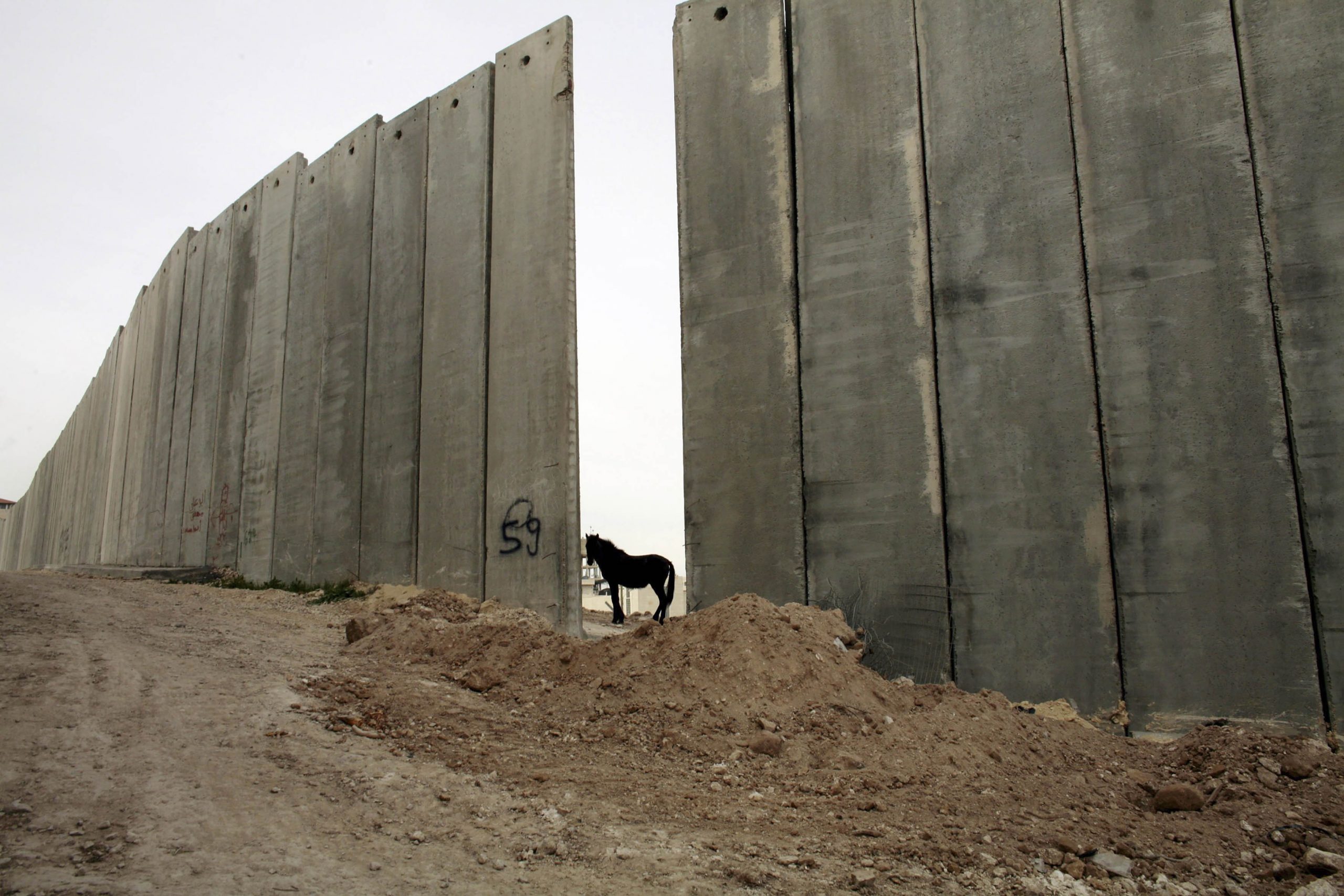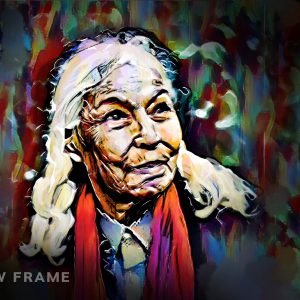The expense of Palestine labour
Palestinian workers risk their lives to work in Israel, where they are exploited as cheap labour, and women face subjugation in Israeli companies.
Author:
30 March 2021

Palestinian worker Ibrahim Ahmad Hamayel was on his way from the West Bank to work in Israel in mid-March when Israeli soldiers allegedly killed him when they threw a tear gas canister at his head, severely fracturing his skull. Another Palestinian worker, Arafat Hussein Nawaj’a, died at work when he fell at a construction site in the Ma’ale Adumim Israeli settlement, which is built on land confiscated from Palestinian towns near Jerusalem.
Palestinian worker Fuad Sebti died in January after Israeli soldiers caught him trying to get to work in Israel through one of the 130 gaps that Palestinian workers have made in the Israeli-built wall, and threw tear gas at him. A fourth worker, Sherif Rajah Erzikat, died in February of a heart attack at an Israeli checkpoint.
These are just a few of the stories collected by the Palestine New Federation of Trade Unions (PNFTU) and the Palestinian Land Defence Coalition that were presented during Israeli Apartheid Week at a seminar hosted by the Gqeberha branch of the South African Federation of Trade Unions (Saftu) on 19 March. The Palestinian organisations said 48 Palestinian workers died last year at work or on their way to work at Israeli companies.
Related article:
Like Saftu, a new federation that launched in 2017, the PNFTU was formed in 2012 out of a desire to return to democratic, worker-controlled unionism across all industrial sectors. At the time, the existing federation, the Palestinian General Federation of Trade Unions, had failed to organise agricultural workers even though they made up 40% of the country’s workforce, PNFTU general secretary Mohammed Blaidi said.
“From the very beginning, the new union federation was workers-based, from the ground up. Women are active. Previously there was no active role of Palestinian women. They were there but they were not given the space to do anything,” said Blaidi.
“Our struggle is not only a class struggle but also an anti-colonial struggle as in Israeli jails, Palestinians are being tortured, Palestinians lands are being looted and the workers are being exploited,” Blaidi added.
‘Cheap labour’
Israel’s oppression of Palestinians has increased during the coronavirus pandemic, said Manal Shqair, international outreach coordinator of the Land Defence Coalition. “Israel intensified its home demolition policy, its violence against us and its restrictions of Palestinians’ movements,” she said.
Those who are more affected are Palestinians working in the Palestinian health system and Palestinians working at Israeli companies.
“Because Israel keeps looting our land and natural resources, we end up as cheap labour at Israeli corporations,” she said.

Shqair said more than 6 000 Palestinian women work for Israeli corporations. “Their suffering starts when they wake up every day at 3am or 4am to wait at military checkpoints. They get humiliated by the Israeli soldiers because they get scanned through machines, including pregnant women. They also force these women to go to closed rooms and take off their clothes, all of their clothes, and they are exposed naked to cameras. At the workplace they are paid less than male workers. At Israeli corporations they suffer from sexual abuse, some such as housemaids get raped by Israeli employers and they don’t report this because they risk losing their jobs,” said Shqair.
Palestinian workers also suffer at home. Workers in the Palestinian health sector lost out because the Palestinian Authority cut their wages during the lockdown. Palestinian women who work at Palestinian corporations also sometimes suffer sexual abuse but are secretive about this as they do not want to reinforce Islamophobic images of Arab men as misogynist, Shqair added.
“Palestinian women are subjugated by layers of oppression, which are Islamophobia, apartheid, settler-colonialism and patriarchy,” she said.
Related article:
Mzikazi Nkata, secretary of the Saftu Gqeberha branch, said women workers in South Africa face similar problems. Women working for the public sector have also been subjected to a government pay freeze on the wage increases they had negotiated. Women workers in South Africa are also sexually harassed and sometimes forced into sexual favours to get jobs.
“We have to work three times more than a male employee to get a higher position, which is a total discrimination against us as women,” said Nkata.
“In South Africa, we are also landless. We can’t even produce food for ourselves while we are at home on lockdown without any salary.”
The union federations resolved to hold regular meetings to offer each other support and think up practical ways to support the global Boycott, Divestment and Sanctions campaign against Israel.
“Israel is exploiting workers mainly due to the complicity of the international companies that profit from the Israeli occupation and apartheid. Boycotting Israel and divesting from Israeli apartheid is one form of solidarity that is going to make a difference for us on the ground,” Blaidi concluded.


